
The benefits of ebooks most people talk about are convenience and price.
No one discusses convenience – it’s the strongest reason why people decide to add electronic file to a list of formats they consume books.
There are a lot of doubts about price. In many cases digital editions are not considerably cheaper than print versions.
But ebooks offer much more than that, and I’d like to stress two less known areas. These benefits don’t relate to newly published titles, but to book heritage, to old books in a literal sense. Ebooks help access and discover old publications. Sometimes they are the only way to do that.
On an emotional level, ebooks simply help get excited about books from the past.
1. Ebooks are the easy way to access old publications
Ebook give access to books that would not be easy to get in print form. Content becomes widely available once it’s digitized. Sure, anyone can buy a hard copy of Pride and Prejudice, but it’s much easier to get it in a digital form. Especially that most of old books have entered public domain and they are available for free from any computer with internet connection in any country in the world.
The most wonderful thing is that not one but many editions of a single title are being digitized and available online. I’ve just discovered a wonderful Project Gutenberg edition of Daniel Defoe’s Robinson Crusoe, originally printed in 1801. Users can download not only a plain text copy, but also epub or mobi file with great illustrations drawn and engraved by A. Carse.
In other words, every internet user in a matter of seconds can get the feel of one of the early editions of a famous novel.
The original print edition of Robinson Crusoe from 1801 can also be found on the web. It costs almost $400. And here comes the other part of what access means: how many people can afford the original printed copy.
Sure, you can buy Robinson Crusoe in print, but I’m not sure any traditional publisher would think of using old-fashioned book design. You can also find a copy in a library. Most libraries in the world have Robinson Crusoe, but not the edition that is two hundred years old. So, I won’t see the pictures of A. Carse in a library in my neighbourhood? No, I will see them, because my library, at Na Uboczu Street in Warsaw, Poland, offers a free internet access and I can read the book on a Project Gutenberg site.
A simple conclusion: a digital edition lets the reader be closer to a heritage of the book than a new print edition.
2. Ebooks help easier discover old books
Old books are amazingly interesting – not only due to the fact that you can touch the old paper and smell hundreds of years of history the book bears, but because they are interesting. Before digitization we were not able to access many books from the past. What’s more, we were not even aware of them.
Ebooks, and digital content in general, are the easiest way to discover great old books – and discover they are more interesting than we thought.
When you’ll go to a bookstore and ask for Ray Bradbury’s famous Fahrenheit 451, you should leave that bookstore with a copy in your hand. But what about Futuria Fantasia, a science-fiction fanzine written and edited by Ray Bradbury after he graduated from high school in late 1930s? Each issue was limited to 100 copies, so you won’t find the physical copy easily.
One of first Google search results for “futuria fantasia” is Project Gutenberg. You can find here four editions of Ray Bradbury’s fanzine. Isn’t it the first time you hear about early works of the great novelist? That’s discoverability. And the best thing is that you can download these rare books in a minute to your computer, tablet or e-reader.
But discoverability is not only about finding great books from the past. It’s also about searching these great books.
Do you know The Slang Dictionary, written 140 years ago by John Camden Hotten, explains what “twitter” is? When I was reading it online, I found the word “poll”, which in a slang from 19th century meant “a female of unsteady character.” It inspired me to find other words typical for the internet world. Besides “poll” and “twitter”, the slang dictionary from 1974 contains also “button” and “pin”.
Without online access to a content of a book published 140 years ago, a book enthusiast like me, living in Poland, wouldn’t be able to discover such an exciting thing. And it took a couple of minutes.
• • •
It’s been said a lot about how ebooks are cutting us from heritage. They are cutting us from paper, and paper is not a heritage.
Because one medium (paper) was being replaced by another one (device), ebooks are very often perceived as the new beginning. For many readers it is similar to the end of the old good book. I think it’s just the opposite. Digital form helps preserve the books in a variety of editions, including the oldest ones.
Ebooks mean continuity of the written world. Examples shown above are a tiny percent of what can be discovered if we only have a digital version of the old good book.

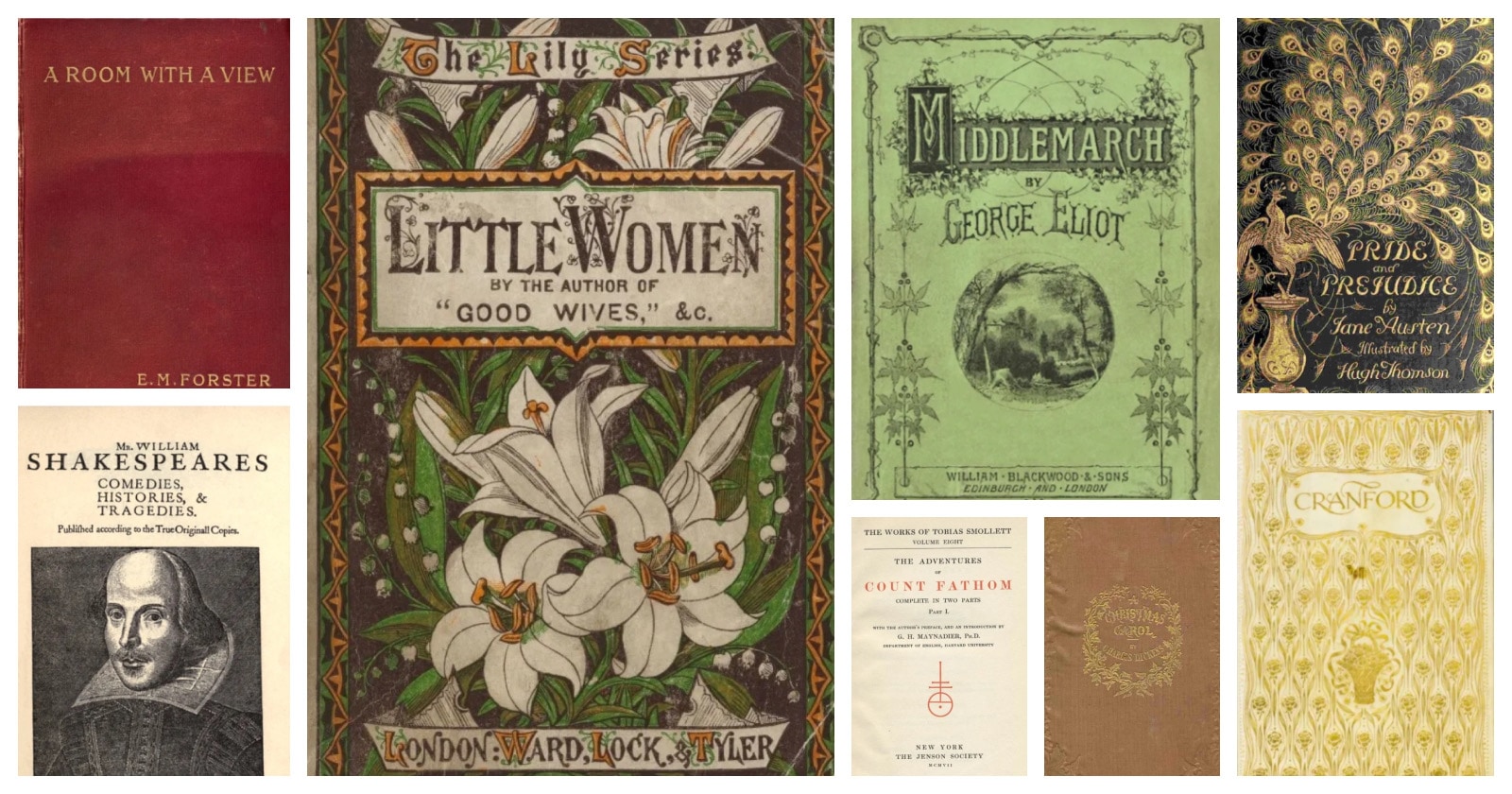

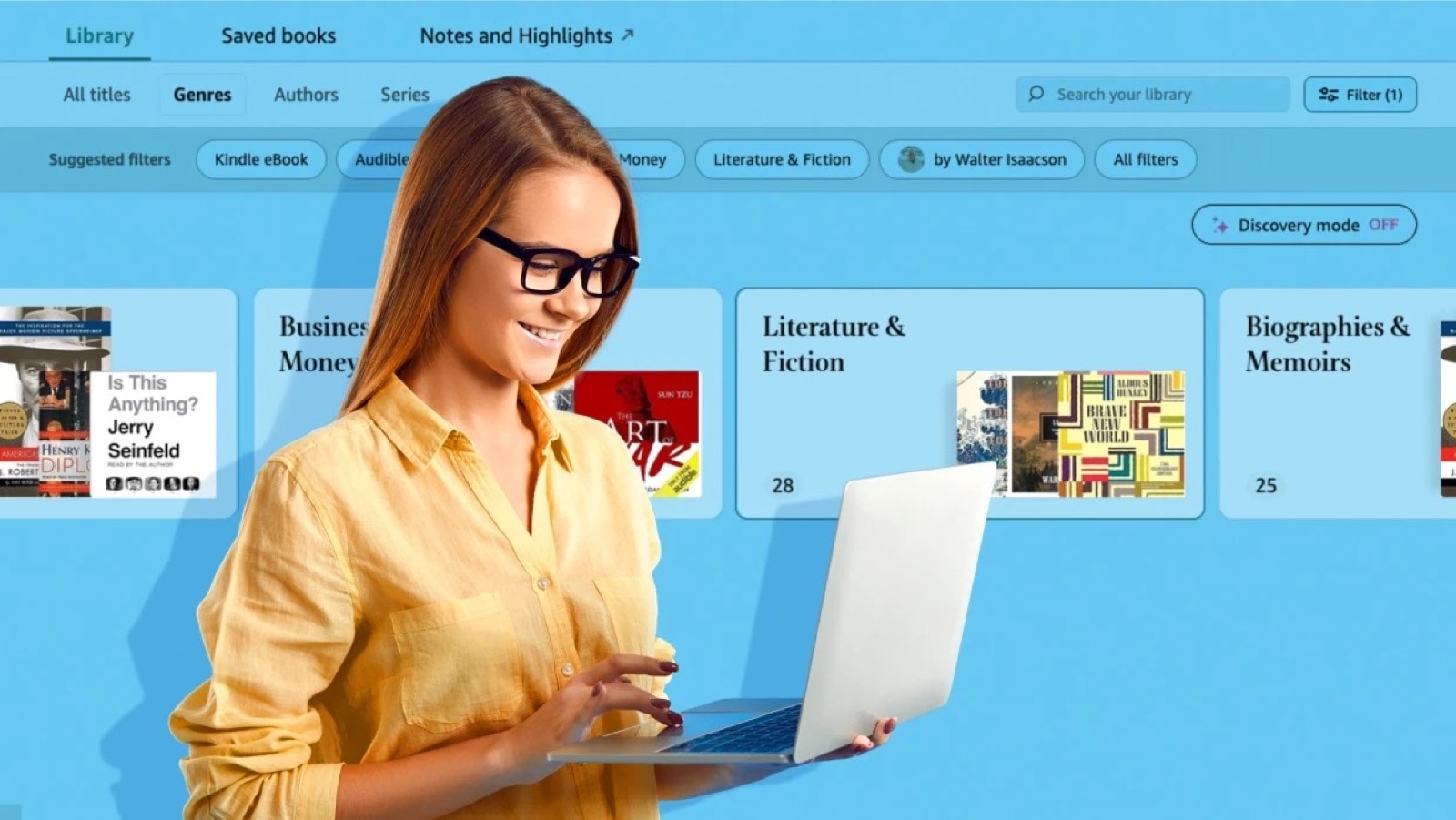
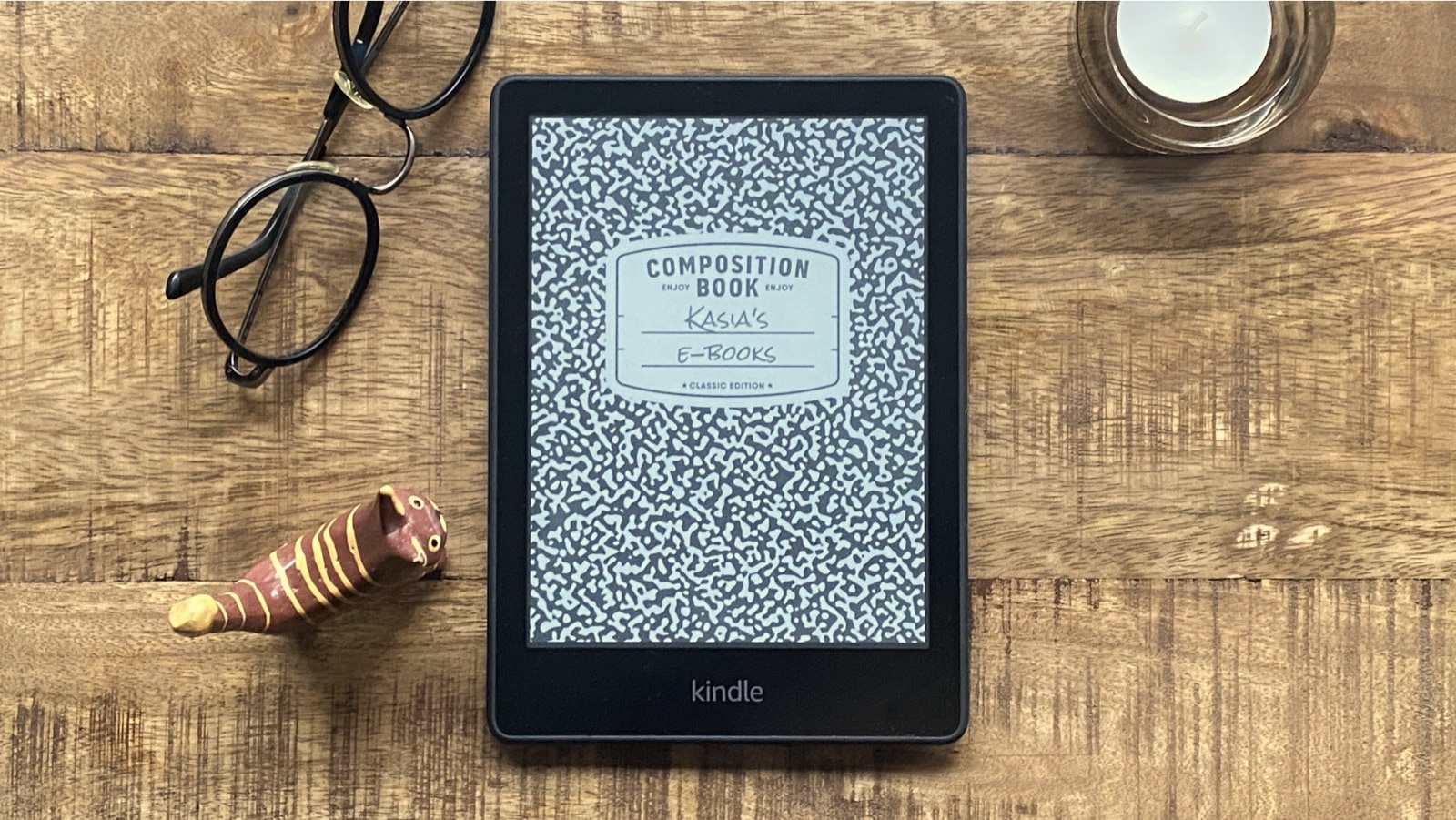
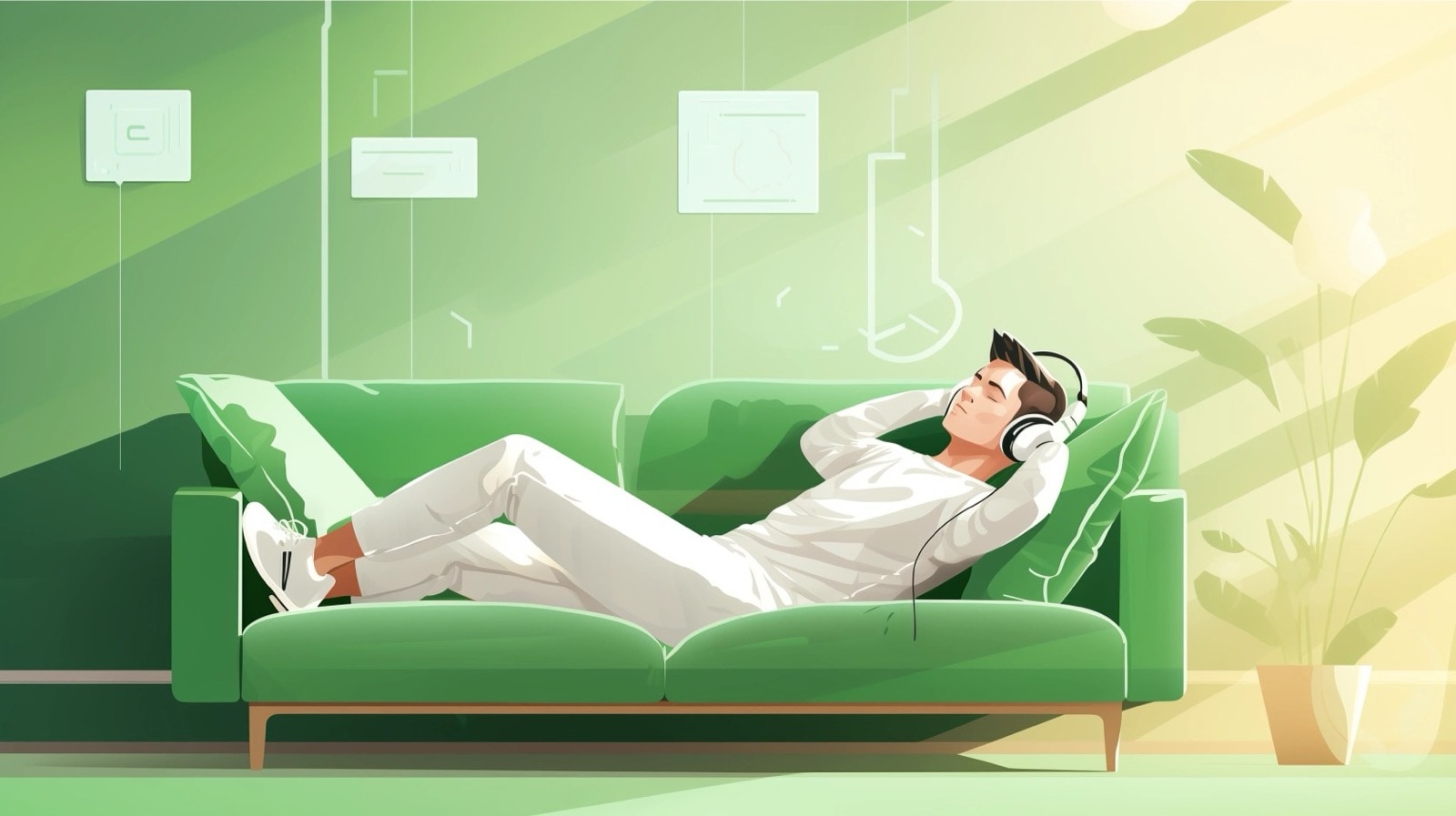
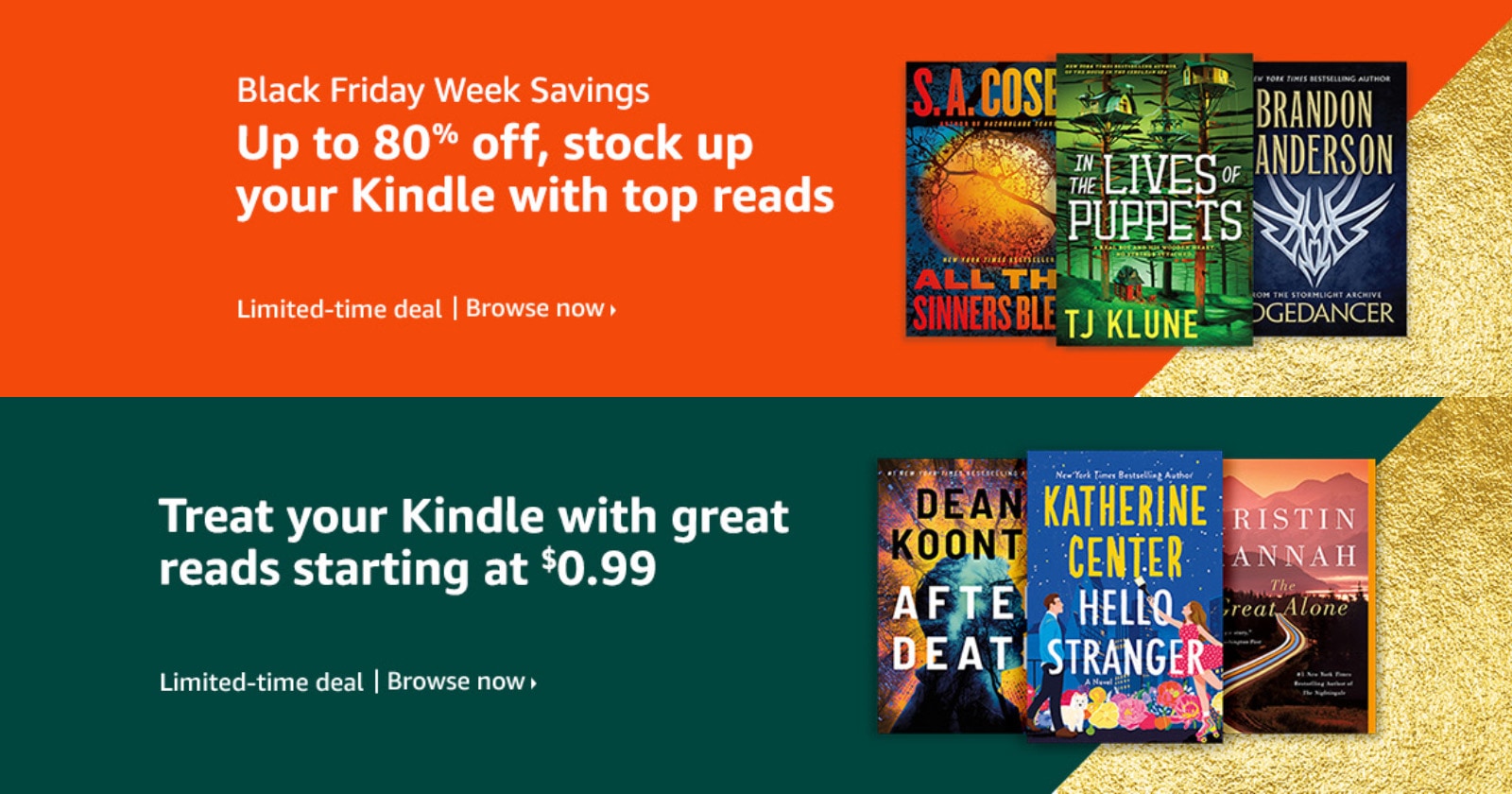

Leave a Reply